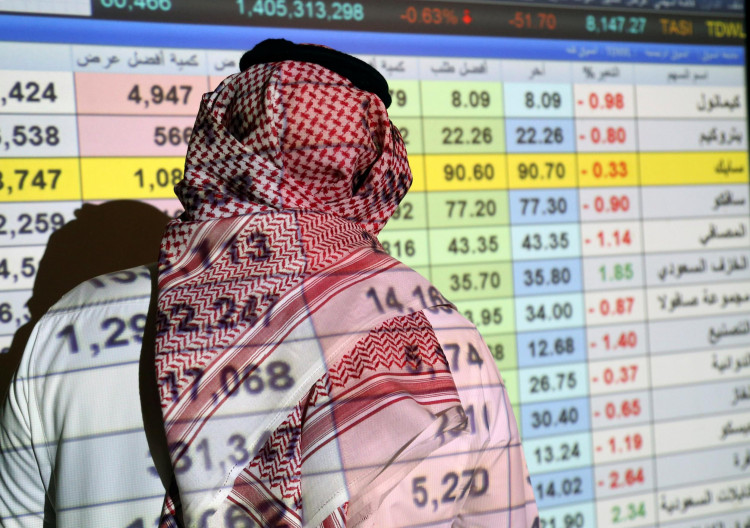The global stock market was able to parry a series of blows brought about by tensions between the US and Iran, but market observers say investors could still be in for a roller-coaster ride in the coming months.
Stocks have rebounded to new highs after Tehran's rocket attacks sent global markets reeling over the weekend. Major indexes have recovered mid-week following US President Donald Trump's announcement that the US does not want any conflict with the Islamic Republic.
Investors are advised to stay course, because it is likely to be a volatile year, says Ephie Coumanakos, Concord Financial Group's co-founder and managing partner.
As investment pros looked forward to the end of last year, they saw a 2020 full of uncertainty, something investors hate because of ongoing trade frictions with China and a US presidential election. Also, tensions with Iran have now thrown into the mix yet another disrupting dynamics.
The earnings season kicks off with several large commercial banks reporting financial results, including JPMorgan Chase, Wells Fargo and Citigroup. Washington's conflict with Tehran will probably have little dent on the bottom lines of companies, but businesses will need to show profit growth to justify high stock valuations, analysts say.
Meanwhile, investors are turning their attention this week to a series of events which could serve as the next volatility catalysts. It is expected that a Phase One trade deal with China will be signed but the two sides have yet to clarify again final details of their long-drawn agreement.
Just yet, tensions with Iran have not set off alarm bells. Since falling down for four straight trading sessions, a closely watched "fear index," known as the VIX, remained flat on Friday, an indication that investors remain calm.
But geopolitical concerns might come back, caution analysts. Although US President Donald Trump attempted to de-escalate tensions earlier this week, the US slapped Iran with fresh sanctions, Friday.
Moody's Investor Service warned that a prolonged conflict with Iran could lead to global economic shocks. Tensions with Iran caused oil prices to spike briefly.
The energy sector would benefit from higher oil prices, but if gasoline prices increase, shipping and manufacturing companies could see their profits squeezed.
Still, volatility, if history is any indication, will likely be temporary. According to LPL Financial, the S&P 500 index has shed an average of 5 percent in 20 major geopolitical events since Pearl Harbor. The index regained those losses, on average, in less than two months, data showed.






